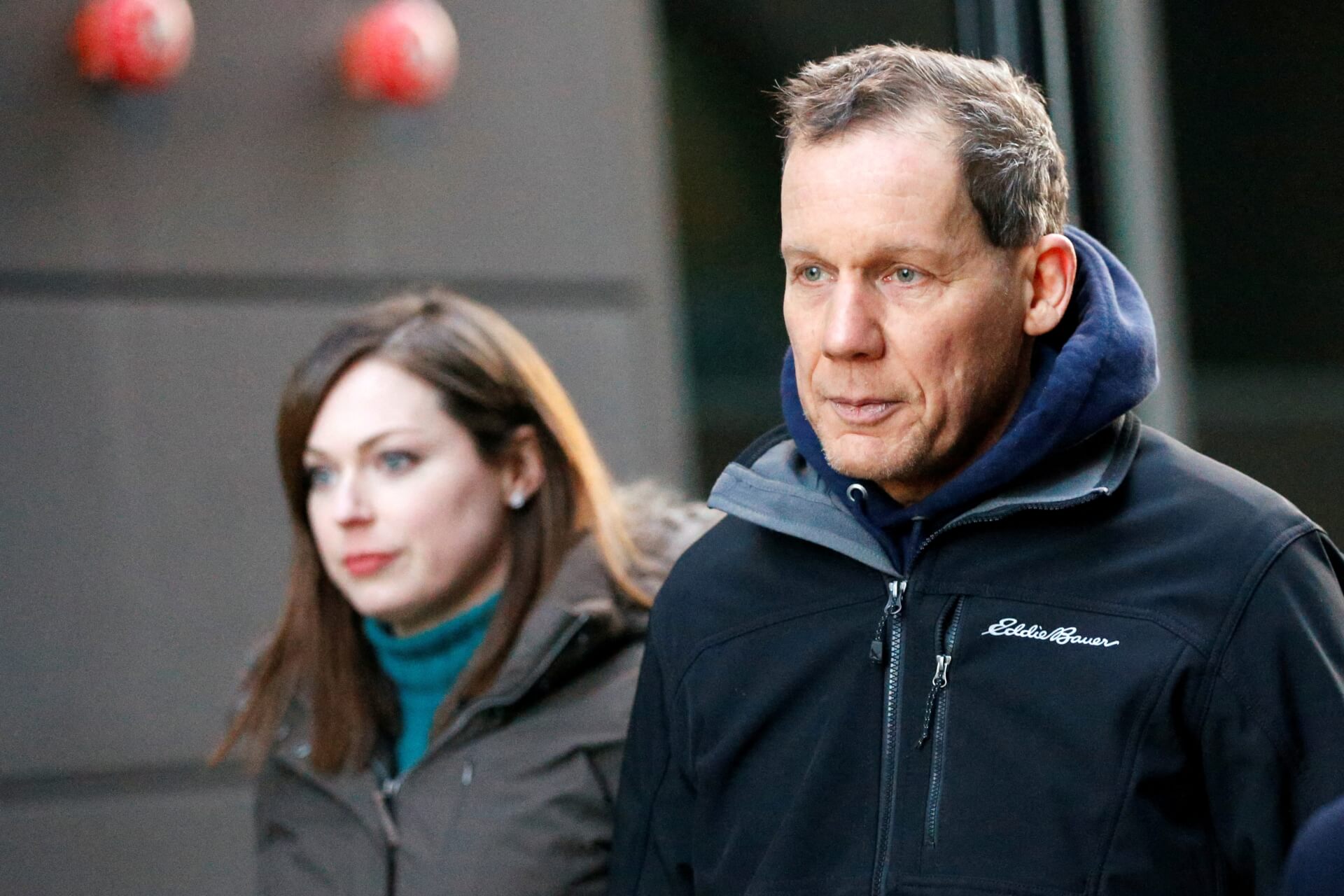A Harvard University professor was convicted of lying to United States (US) authorities about his ties to the Chinese government on Tuesday.
The US Justice Department (DoJ) announced in a press release that Dr Charles Lieber, the former chair of Harvard’s Chemistry and Chemical Biology Department, had been found guilty of lying to federal authorities regarding his affiliation with China’s Thousand Talents Program and the Wuhan University of Technology (WUT), as well as failing to report the income he received from WUT.
Following a six-day jury trial, the 62-year old professor was charged with two counts of making and subscribing a false income tax return and two counts of failing to file reports of foreign bank and financial accounts with the Internal Revenue Service (IRS).
According to the DoJ, the renowned nanoscientist became a “Strategic Scientist” at WUT and, later, a contractual participant in China’s Thousand Talents Plan from at least 2012 through 2015, without the knowledge of his employer, Harvard University. The department called China’s Thousand Talents Plan “the most prominent talent recruitment plans designed to attract, recruit and cultivate high-level scientific talent in furtherance of China’s scientific development, economic prosperity and national security.”
In accordance with the terms of Lieber’s three-year contract with Thousand Talents, WUT paid Lieber a salary of approximately $50,000 per month, living expenses of up to $150,000, in addition to awarding him more than $1.5 million to establish a research lab at WUT.
While participating in the program is not a crime, Lieber failed to disclose the income or the existence of his Chinese bank accounts to the IRS. According to the Harvard Crimson, the maximum sentence for the professor’s conviction is 26 years in jail in addition to $1.2 million in fines. As of now, Lieber's sentencing date has not yet been scheduled.
Harvard University Professor Dr. Charles Lieber was convicted today by a federal jury of lying about his affiliation with the Wuhan University of Technology & his participation in the People's Republic of China's Thousand Talents Program. https://t.co/ddiLkX5tPF pic.twitter.com/qq3vLD8OiD
— FBI Boston (@FBIBoston) December 22, 2021
In response to the conviction, Chinese Foreign Ministry spokesperson Zhao Lijian said during his regular press conference on Wednesday that the US is repressing scientists and visionaries and damaging bilateral “scientific and technological exchange in the name of combating economic espionage.” Zhao further stressed that China’s international talent exchange and cooperation programs are “essentially no different from the common practice of other countries, including the US,” and thus asked US government institutions and politicians to stop “stigmatising” the programme. “The US should do more that benefits scientific and technological cooperation and people-to-people exchange between China and the US,” he retorted.
Lieber’s trial is the most high profile case of the US Justice Department’s “China Initiative,” which was launched in 2018 under the Donald Trump administration. The initiative aims to combat Chinese economic espionage and trade secrets theft. However, critics have argued that the initiative stifles academic research, racially profiles Chinese researchers, and undermines the US’ competitiveness in research and technology.
As part of the initiative, US authorities have become increasingly cautious of academics participating in economic espionage for the Chinese government. According to The New York Times, the initiative “has slowed research and contributed to a flow of talent out of the US.”
The initiative has drawn flak for not being measured in its approach, with authorities accused of indulging in racial profiling. It recently emerged that FBI agents had spent nearly two years following Anming Hu, a Chinese-born scientist. The university was forced to fire him after federal agents told the university where he held a tenured position that he was a Chinese operative. However, no evidence of espionage was found against Hu and in September, a judge took the rare step of acquitting him on all counts.

